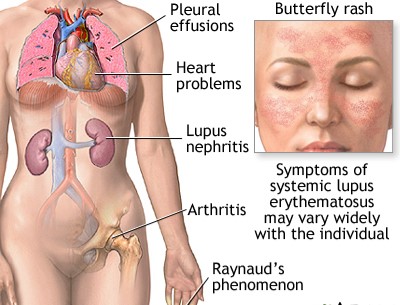A client's last menstrual period was April 11. Using Naegele's rule, her estimated date of birth (EDB. would be:
February 24
January 18
January 25
February 18
The Correct Answer is B
The correct answer is: January 18
Choice A: February 24
Reason: This date is incorrect because it does not follow Naegele’s rule accurately. Naegele’s rule involves adding 1 year, subtracting 3 months, and adding 7 days to the first day of the last menstrual period (LMP). For an LMP of April 11, adding 1 year gives April 11, 2024, subtracting 3 months gives January 11, 2024, and adding 7 days results in January 18, 2024.
Choice B: January 18
Reason: This date is correct. Following Naegele’s rule:
- Add 1 year to April 11, 2023, resulting in April 11, 2024.
- Subtract 3 months, resulting in January 11, 2024.
- Add 7 days, resulting in January 18, 2024.
Choice C: January 25
Reason: This date is incorrect because it adds an incorrect number of days. Naegele’s rule specifies adding 7 days, not 14 days.
Choice D: February 18
Reason: This date is incorrect because it subtracts an incorrect number of months and adds an incorrect number of days. The correct subtraction should be 3 months, not 2 months, and the addition should be 7 days, not 37 days.
Nursing Test Bank
Naxlex Comprehensive Predictor Exams
Related Questions
Correct Answer is A
Explanation
Choice A reason: This is correct because this response provides realistic and supportive advice for the woman who wants to have a baby with lupus. Lupus is an autoimmune disease that causes inflammation and damage to various organs and tissues. Lupus can affect fertility and pregnancy outcomes, such as increasing the risk of miscarriage, preterm delivery, preeclampsia, or neonatal lupus. Therefore, it is important for the woman to have her lupus under control before conceiving and to consult with her doctor about her treatment plan and prenatal care.
Choice B reason: This is incorrect because this response is discouraging and insensitive for the woman who wants to have a baby with lupus. Lupus does not necessarily prevent a woman from having a healthy pregnancy and a healthy baby, as long as she follows her doctor's recommendations and monitors her condition closely. The nurse should respect the woman's reproductive choices and provide information and support.
Choice C reason: This is incorrect because this response is inaccurate and misleading for the woman who wants to have a baby with lupus. Lupus can have various effects on pregnancy, such as causing flares or complications that can affect both the mother and the baby. The nurse should educate the woman about the possible risks and benefits of pregnancy with lupus and help her prepare for any challenges.
Choice D reason: This is incorrect because this response is vague and alarming for the woman who wants to have a baby with lupus. Lupus treatment may or may not change during pregnancy, depending on the type and severity of lupus, the medications used, and the stage of pregnancy. The nurse should explain the rationale and safety of any medication changes and address any concerns or questions that the woman may have.

Correct Answer is B
Explanation
Choice A reason: This is incorrect because wearing spandex-type full-length pants can constrict the blood flow and increase the swelling in the feet. The nurse should advise the woman to wear loose-fitting clothes and comfortable shoes that do not squeeze or rub her feet.
Choice B reason: This is correct because elevating the legs when sitting can improve the venous return and reduce the swelling in the feet. The nurse should encourage the woman to elevate her legs above her heart level whenever possible and avoid crossing her legs or standing for long periods.
Choice C reason: This is incorrect because limiting the intake of fluids can cause dehydration and worsen the swelling in the feet. The nurse should recommend the woman to drink plenty of water and other healthy fluids to maintain hydration and flush out excess sodium and waste products from her body.
Choice D reason: This is incorrect because eliminating salt from the diet can cause electrolyte imbalance and affect the fluid balance in the body. The nurse should advise the woman to consume salt in moderation and avoid processed foods that are high in sodium.
Whether you are a student looking to ace your exams or a practicing nurse seeking to enhance your expertise , our nursing education contents will empower you with the confidence and competence to make a difference in the lives of patients and become a respected leader in the healthcare field.
Visit Naxlex, invest in your future and unlock endless possibilities with our unparalleled nursing education contents today
Report Wrong Answer on the Current Question
Do you disagree with the answer? If yes, what is your expected answer? Explain.
Kindly be descriptive with the issue you are facing.
